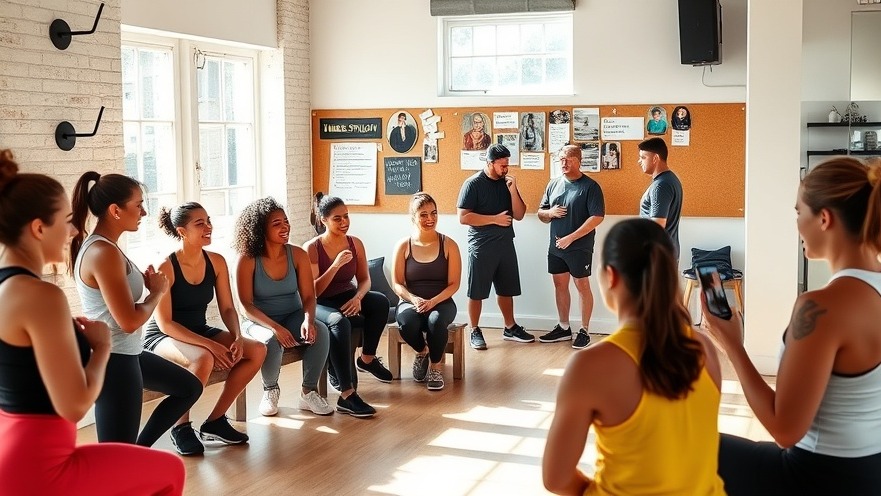
Understanding Impulse Control: The Role of Nutrition
Impulse control is an essential skill that shapes our everyday decisions, from what we eat to how we engage with others. In a world filled with quick fixes and instant gratification, the relationship between our diet and our emotional regulation often gets overlooked. Understanding this connection can empower individuals to make better choices, nurturing both their bodies and minds.
In 'Mastering Impulse Control Through Nutrition,' the discussion dives into how our dietary choices influence our impulse control, exploring key insights that sparked deeper analysis on our end.
The Connection Between Food and Feelings
Every bite of food we consume sends signals to our brains, influencing our mood and behavior. Foods rich in sugar and unhealthy fats can lead to a quick boost in energy but often result in mental crashes. On the other hand, nutrient-dense foods, such as fruits, vegetables, and whole grains, can enhance our well-being and promote clarity of thought. As we explore the power of nutrition in mastering impulse control, it becomes clear how crucial our dietary choices are to maintaining a balanced emotional state.
Tips for Building Healthy Eating Habits
To build better impulse control through nutrition, here are a few practical tips:
Plan Your Meals: Preparing your meals can help prevent impulsive eating. When you have healthy options ready to go, you're less likely to reach for unhealthy snacks.
Stay Hydrated: Sometimes, our bodies confuse thirst with hunger. Drinking plenty of water can help manage cravings and keep your energy levels steady.
Mindfulness in Eating: Take a moment to focus on your food. Eating slowly and enjoying each bite can enhance the experience and help control overeating.
Real-Life Examples of Transformation
Consider the stories of individuals who have transformed their lives by focusing on their nutrition. Take Sarah, for instance, who used to struggle with emotional eating. After learning about the connection between her food choices and mood, she began to incorporate more whole foods into her diet. Over time, Sarah reported feeling more in control of her impulses and was surprised by the positive shifts in her mental health.
Active Engagement with Your Community
Sharing your journey with others can foster a supportive environment. Consider engaging with local wellness groups or sharing healthy recipes with friends and family. By involving those around you, the journey to better impulse control through nutrition becomes a collective effort, strengthening community bonds.
The Role of Community Resources
Many local initiatives focus on promoting healthy eating and literacy around nutrition. By tapping into these resources, individuals can further enhance their understanding and practice of impulse control through better dietary decisions. Look for community workshops, farmer's markets, and online nutrition classes available in your area to make informed choices.
Through mastering impulse control via nutrition, individuals not only enhance their well-being but also contribute positively to their communities. The ripple effect of these personal transformations can help create healthier environments, encouraging others to pursue similar paths.
 Add Row
Add Row  Add
Add 




Write A Comment